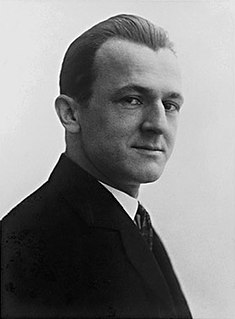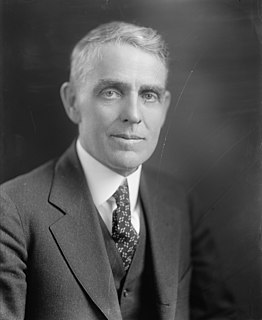A Quote by George Grosz
In public buildings set aside for the care and maintenance of the goods of the middle ages, a staff of civil service art attendants praise all the dead, irrelevant scribblings and scrawlings that, at best, have only historical interest for idiots and layabouts.
Related Quotes
Believing that I was born for the service of mankind, and regarding the care of the commonwealth as a kind of common property which, like the air and the water, belongs to everybody, I set myself to consider in what way mankind might be best served, and what service I was myself best fitted by nature to perform.
It is easy to see, though it scarcely needs to be pointed out, since it is involved in the fact that Reason is set aside, that faith is not a form of knowledge; for all knowledge is either a knowledge of the eternal, excluding the temporal and historical as indifferent, or it is pure historical knowledge. No knowledge can have for its object the absurdity that the eternal is the historical.
A triumphalist corporate capitalism, free at last of the specter of Communism, has mobilized its economic power to relentlessly marginalize all nonmarket values; to subordinate every aspect of American life to corporate "efficiency" and the bottom line; to demonize not only government but the very idea of public service and public goods.
In my craft or sullen art Exercised in the still night When only the moon rages And the lovers lie abed With all their griefs in their arms, I labour by singing light Not for ambition or bread Or the strut and trade of charms On the ivory stages But for the common wages Of their most secret heart. Not for the proud man apart From the raging moon I write On these spindrift pages Nor for the towering dead With their nightingales and psalms But for the lovers, their arms Round the griefs of the ages, Who pay no praise or wages Nor heed my craft or art.
The society to which we belong seems to be dying or is already dead. I don't mean to sound dramatic, but clearly the dark side is rising. Things could not have been more odd and frightening in the Middle Ages. But the tradition of artists will continue no matter what form the society takes. And this is another reason to write: people need us, to mirror for them and for each other without distortion-not to look around and say, 'Look at yourselves, you idiots!,' but to say, 'This is who we are.








































